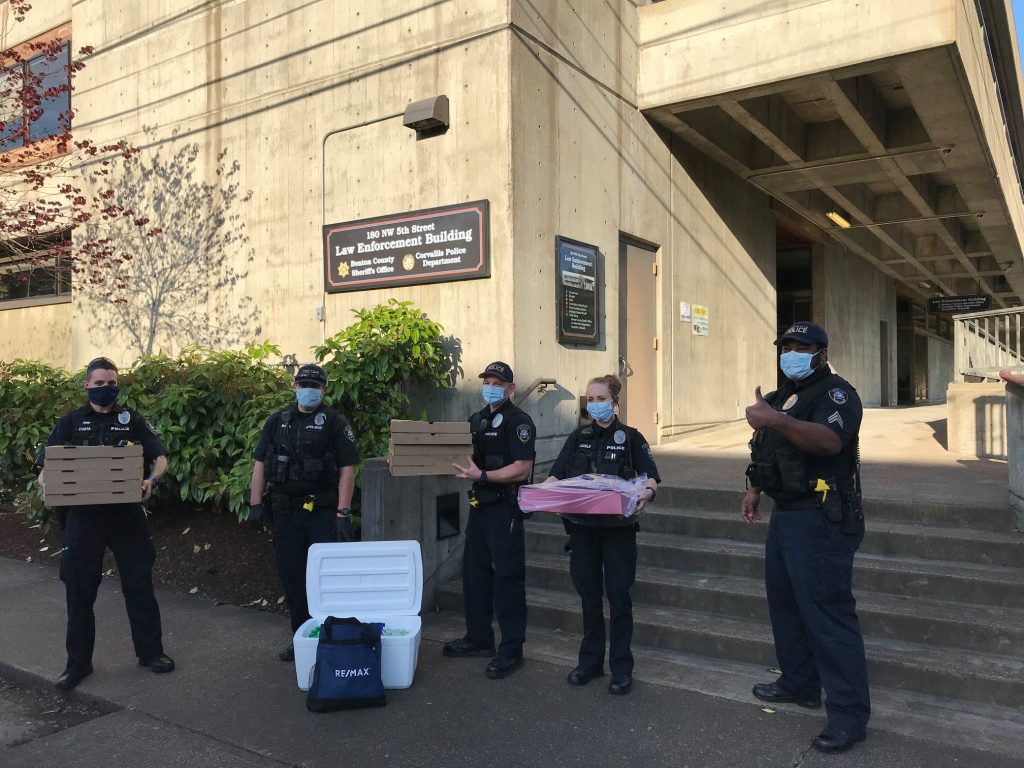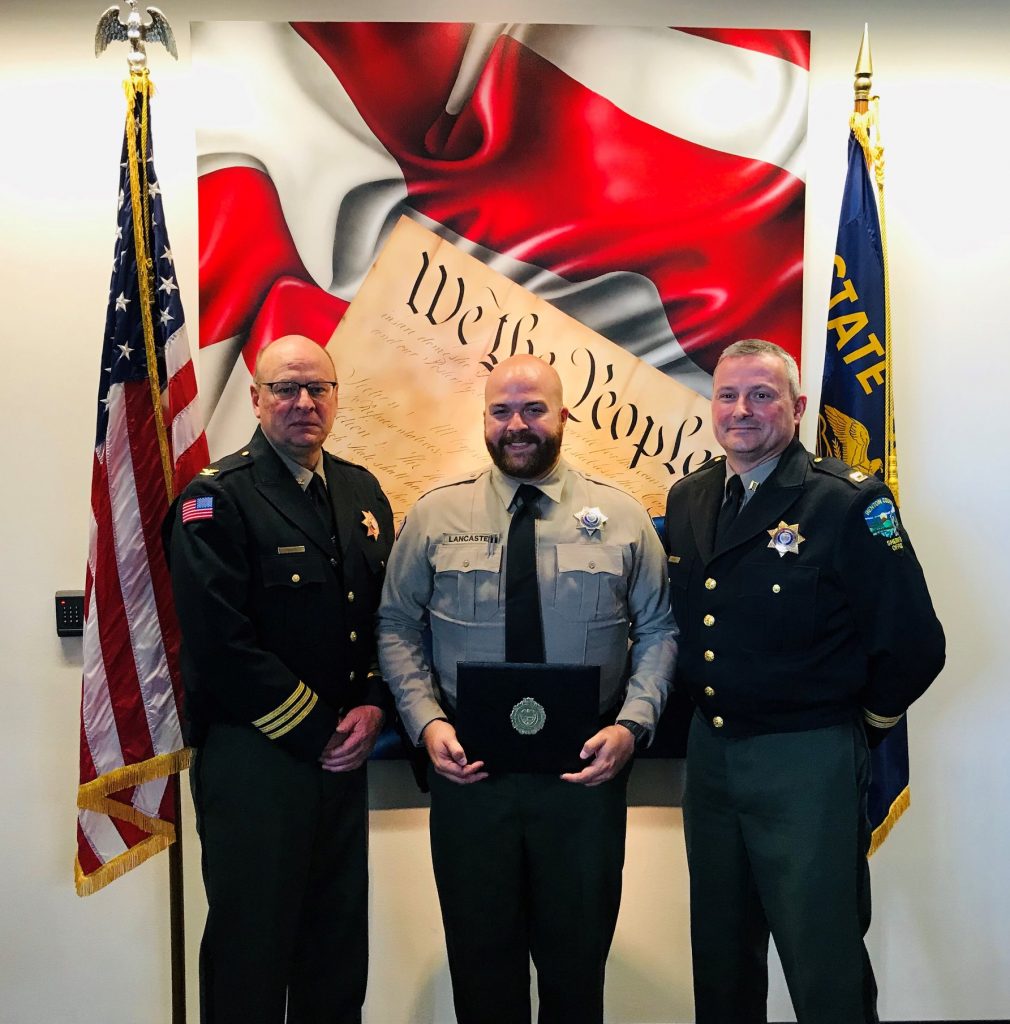 While many calls to the Corvallis Police Department are about mental health related issues, my ride-along with Deputy Paul Lancaster showed me things, but not explicitly that.
While many calls to the Corvallis Police Department are about mental health related issues, my ride-along with Deputy Paul Lancaster showed me things, but not explicitly that.
I was scheduled for a patrol shift beginning at 4:00 p.m. Deputy Lancaster informed me that he patrolled the entire county and could hit any point of it during the shift, however we didn’t stray too far from Corvallis.
Lancaster said that most of his job was about guiding people in the right direction and helping them problem solve.
“I feel like if someone can thank you after you arrest them, that means you’re doing your job,” Deputy Lancaster said, eyes traveling between the road and the computer screen in his car.
During the portion of the patrol I was present for, Lancaster checked on two cars on the side of the road and pulled over three vehicles. No tickets were given. He said that he wasn’t trying to ruin anyone’s evening, nor does he write tickets just to write them. In fact, the only thing I saw him give was a jacket he had promised to someone who he had arrested the day before.
 Before he was an officer, Lancaster worked at the Children’s Farm Home, the Yes House, and as a Corrections Deputy and Reserve Patrol Deputy.
Before he was an officer, Lancaster worked at the Children’s Farm Home, the Yes House, and as a Corrections Deputy and Reserve Patrol Deputy.
When asked if his past experience helped with his current job, Lancaster said yes. Though all officers have a number they can call for aid on mental health issues, in the form of conversation or even physically arriving on scene, Deputy Lancaster has not had to make many such calls.
One of the things he credits to his previous history is his ability to remain calm and not react in a manner that would cause extra issues. He said that just as a parent is told not to react when their child hurts themselves, he found that maintaining steadiness in the face of a potential crisis is important.
While we waited in a speed trap, one citizen pulled up and got out of their car. They said that they wished Lancaster had been driving on the road a few miles back, as two different young people had been “going 90 miles per hour.” Lancaster assured them that if he saw that kind of behavior, he would do something about it.
Another person pulled up afterward and thanked Lancaster for being out there. Positive interaction was not uncommon; when he drove out past Monroe and up to Bellfountain, more than one person waved.
Lancaster said that sometimes there are situations where you feel like you can’t win, but the point is to make the best judgment possible.
Most of the training at the police academy is scenario based, with mental health at the forefront. However, Lancaster said that he sees places where the system lacks. “Do I think we can do more? Yeah. Do I know how to do that? No,” he said.
Nothing beyond a few stops occurred during my ride-along, but Lancaster said that is what goes on for a large portion of the job.
By: Hannah Ramsey
Do you have a story for The Advocate? Email editor@corvallisadvocate.com


